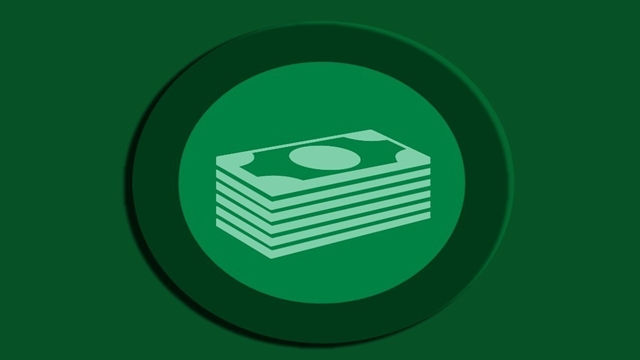FT online
Published:2019-03-09 23:08:22 BdST
Budget deficit grows in Q2 as revenue income tumbles
The budget deficit widened to over Tk 162 billion during the second quarter (Q2) to December of the fiscal year, as increasing government spending overshot revenue earnings, according to an official document.
The shortfall was nearly Tk 14 billion-or a 1,000 per cent rise-during the same period a year earlier.
The revenue authorities mobilised some Tk 556 billion in the second quarter against a total expenditure of

Tk 720 billion, prompting the government to meet the gap by borrowing from local and external sources.
The share of banking and non-banking sources was almost the same during the second quarter. The net bank borrowing during October-December was Tk 79.98 billion while that of non-bank was Tk 78.75 billion.
Revenue income faced a bump, as receipts were Tk 557 billion during the Q2, down from Tk 603 billion in Q1.
The revenue mobilisation remained slower than expected in the areas of 'taxes on income and profit,' 'other revenues,' 'sales of goods and services'.
The budget financing was in the comfortable zone until the fiscal year 2017 when it posted a surplus of Tk 61.17 billion.
Some economists remained concerned over the growing debt burden, especially from the domestic sources, saying such a deficit may create crowding out risks for private borrowers.
Others, however, insist the deficit is unlikely to grow over 5.0 per cent of the gross domestic product (GDP) at the end of the fiscal year.
Dr Zahid Hussain, lead economist at the Dhaka office of the World Bank, told the FE that this year, the government borrowing from the banking system will rise after a gap of three to four years.
The government in its original budget planned to borrow Tk 420.29 billion from the banking system (net).
Dr Hussain said the subsidy expenditure is growing in Bangladesh and this is one of key reasons behind the rise in government spending.
The subsidy spend saw a sharp increase during the Q2, rising to Tk 63 billion from Tk 14 billion on Q1.
Dr. Mustafa K. Mujeri, executive director at the Institute for Inclusive Finance and Development (InM), told the FE that the execution rate of annual development programme (ADP) this year was quite good saying this s one of the reasons why public expenditure rose.
The ADP expenditure was Tk 210 billion in Q2. It was just Tk 95 billion during Q1 of the current fiscal year.
Dr Mujeri, however, was critical of the government projections in terms of revenue receipts.
"We need to make realistic projections on domestic resource mobilisation," said Dr Mujeri, a former chief economist of the Bangladesh Bank.
He said, "We are making optimistic projections for resource mobilisation but we are not taking action plan on how to realise it."
The budget size is Tk 4.6 trillion in its original budget with a deficit of Tk 1.3 trillion or equivalent to 4.9 per cent of GDP.
Noting that the country's fiscal management is strong, Ahsan H Mansur, executive director of the think tank Policy Research Institute of Bangladesh, said the budget deficit would not exceed the 5.0 per cent band as percentage of GDP.
Unauthorized use or reproduction of The Finance Today content for commercial purposes is strictly prohibited.


